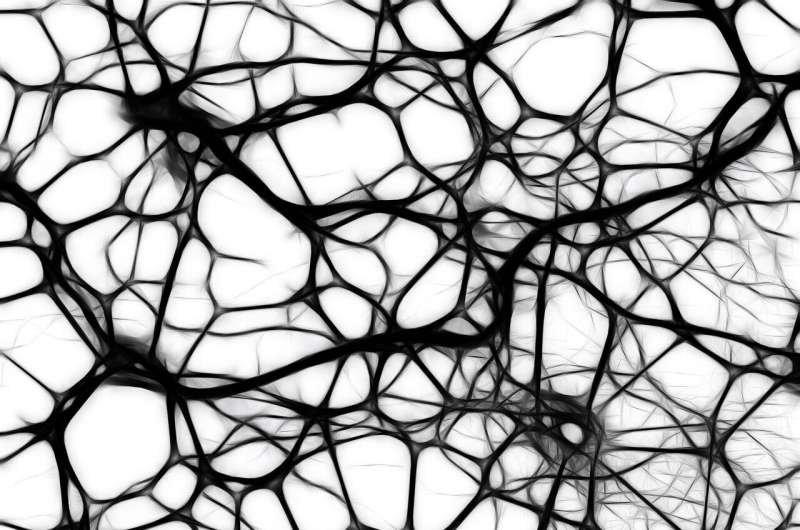Menopause and Bladder Health: Addressing Often Overlooked Urinary Tract Issues

The transition through menopause is accompanied by many well-recognized symptoms such as hot flashes, night sweats, and vaginal dryness. However, one aspect that tends to be underrepresented in discussions is the health of the bladder and lower urinary tract. Despite its significance, research focusing on urinary symptoms and bladder health during menopause has historically received less attention.
Recent studies, including a comprehensive investigation involving over 3,000 women, have begun to shed light on this overlooked area. The research classified women into premenopausal, perimenopausal, and postmenopausal groups, revealing that bladder health tends to decline with age and menopausal progression. Findings indicate increased risks of incontinence and urinary infections as women age through menopause.
The study also explored the role of hormone therapy. Interestingly, systemic hormone use was linked with a higher incidence of urinary incontinence among postmenopausal women. Conversely, localized low-dose hormone treatments appeared to improve genitourinary symptoms and reduce urinary tract infections, suggesting that the type and route of hormone therapy play crucial roles.
One notable observation was that premenopausal women reported more frequent hormone use, yet experienced fewer bladder health issues compared to women in later menopausal stages. Conversely, postmenopausal women on hormone therapy often faced worse bladder health outcomes. These findings highlight the complex and multifaceted relationship between menopause, hormone use, and urinary tract health.
Experts emphasize the need for further research to better understand these interactions. Additionally, they advocate for education programs targeted at women prior to menopause to help identify early warning signs, enabling timely and effective intervention.
Dr. Stephanie Faubion from The Menopause Society underscores the importance of a nuanced, individualized approach to hormone therapy and bladder health management during menopause, acknowledging the complexity of these interactions.
Understanding and addressing bladder health issues during menopause is vital for improving overall quality of life and managing symptoms effectively. Awareness and early intervention can make a significant difference in outcomes for women navigating this natural life stage.
source: https://medicalxpress.com/news/2025-04-bladder-urinary-tract-issues-overlooked.html
Stay Updated with Mia's Feed
Get the latest health & wellness insights delivered straight to your inbox.
Related Articles
Mapping the Complex Muscle Patterns Behind Blinking and Eyelid Movement
New UCLA research reveals the complex muscle patterns governing blinking and eyelid movement, opening pathways for advanced neuroprosthetic development to restore eyelid function in paralysis cases.
U.S. Health Officials Disinvite Major Medical Organizations from CDC Vaccine Advisory Groups
Major U.S. medical organizations, including the AMA and AAP, have been disinvited from CDC vaccine advisory workgroups, raising concerns about transparency and public trust in vaccine policymaking.
Innovative Mini-Camera and AI Technology Forecasts Recurrent Heart Attacks
New innovative technique combining micro-camera imaging and artificial intelligence offers a reliable method to predict recurrent heart attacks by analyzing arterial health with microscopic precision.



